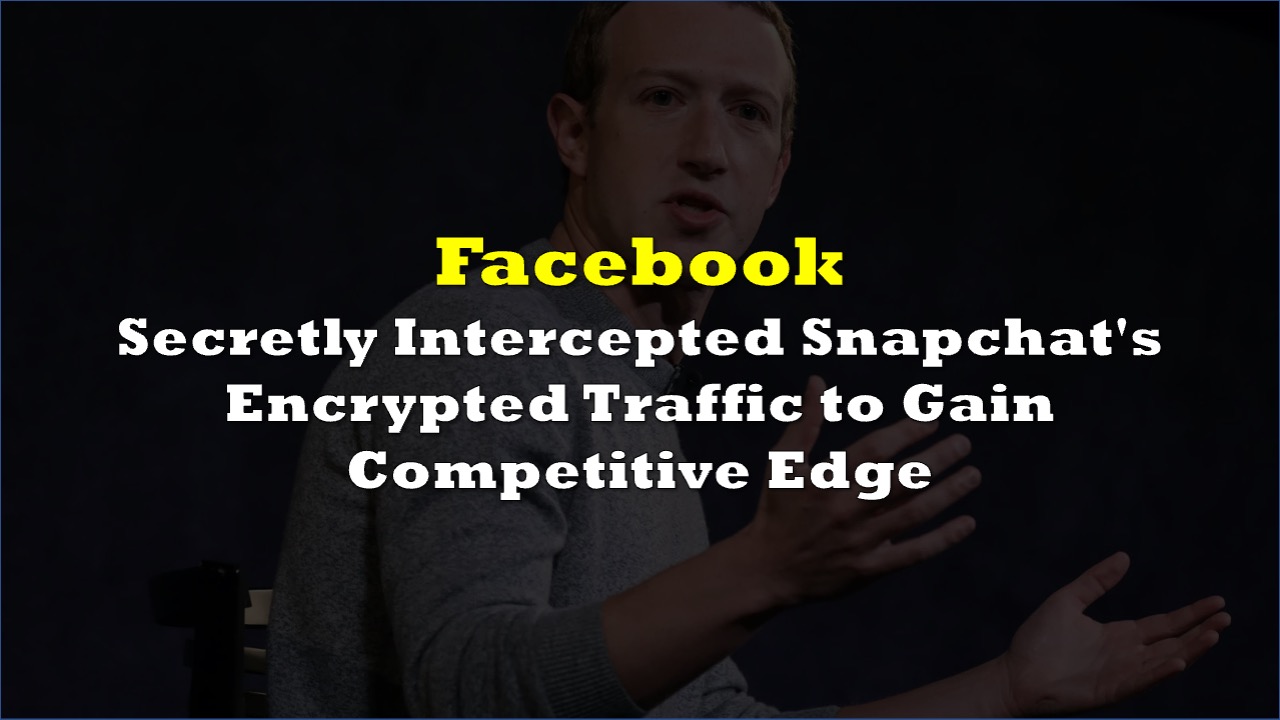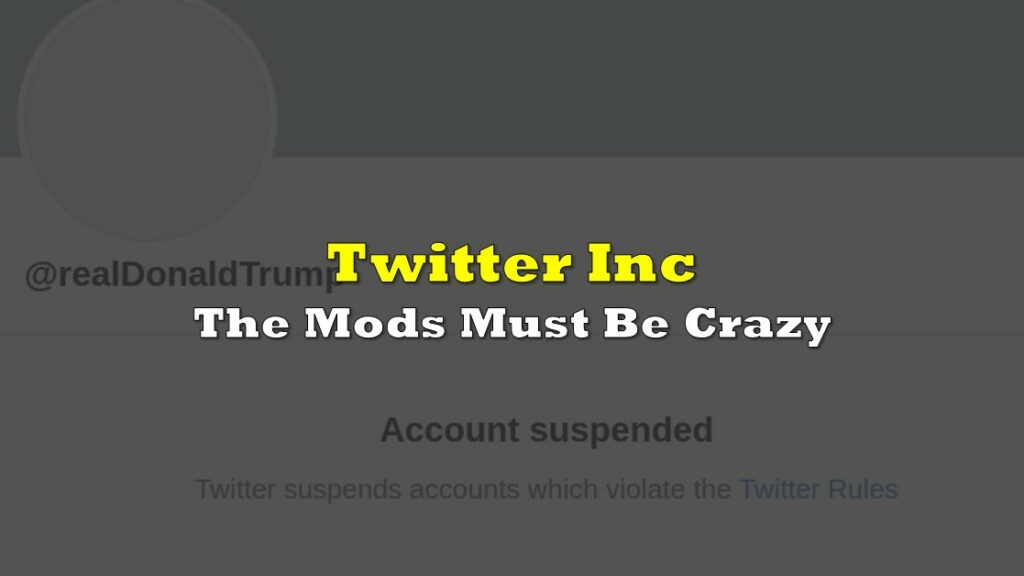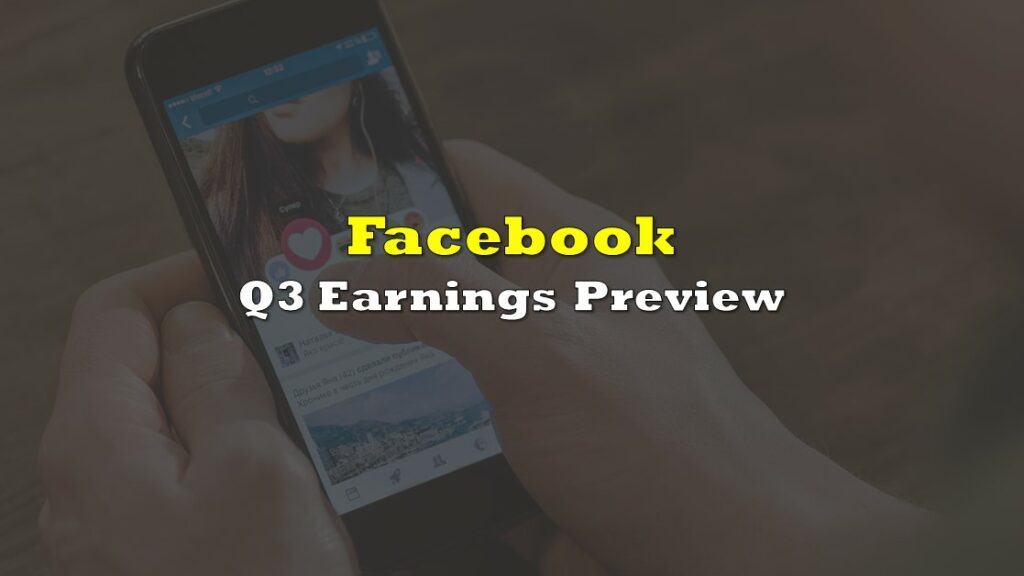Newly unsealed court documents have revealed that in 2016, Facebook launched a secret project codenamed “Ghostbusters” aimed at intercepting and decrypting Snapchat’s encrypted network traffic. The goal was to gain insights into Snapchat users’ behavior to help Facebook compete more effectively against the rising app.
The documents, part of an ongoing class-action lawsuit against Facebook’s parent company Meta Platforms Inc (Nasdaq: META), detail how the company sought to circumvent encryption used by rivals like Snapchat (NYSE: SNAP), YouTube (Nasdaq: GOOG), and Amazon (Nasdaq: AMZN). By analyzing competitors’ network data, Meta hoped to gain an unfair competitive advantage.
According to the filings, Facebook CEO Mark Zuckerberg explicitly called for finding ways to obtain “reliable analytics” about Snapchat’s growth in a 2016 email, citing the app’s encryption as an obstacle. Engineers then proposed using Facebook’s Onavo VPN service to enable “man-in-the-middle” attacks that could intercept and decrypt encrypted traffic before it was sent over the internet.
This is insane.
— Naomi Brockwell (@naomibrockwell) March 27, 2024
Looks like Facebook did a man-in-the-middle attack using their VPN service to steal data from other apps. This enabled them to see all SSL traffic, by creating a fake digital certificate to impersonate Snapchat, YouTube, Amazon etc.
Seriously? https://t.co/JoHnvaiKRN
Internal emails reveal some Facebook employees raised ethical concerns about the Ghostbusters project. The company’s former head of security engineering warned it was unacceptable regardless of user consent, arguing that “the general public just doesn’t know how this stuff works.”
The documents show Facebook later expanded its network interception efforts to target YouTube and Amazon as well as Snapchat. By deploying software “kits” that could parse encrypted data streams, the company could secretly monitor detailed in-app activity across rivals’ services.
The revelations are part of a 2020 class-action lawsuit alleging Facebook misled users about its data collection practices. Plaintiffs claim the company exploited illicitly obtained competitive information to identify and combat emerging tech rivals through anticompetitive means.
Information for this story was found via TechCrunch, and the sources and companies mentioned. The author has no securities or affiliations related to the organizations discussed. Not a recommendation to buy or sell. Always do additional research and consult a professional before purchasing a security. The author holds no licenses.









